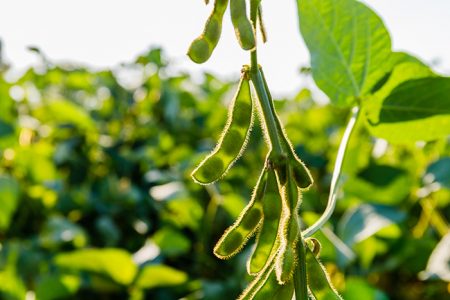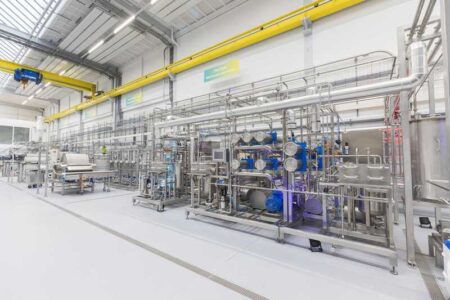Working towards wheat for the world
Plans to help increase potential wheat yields in the UK to 20 tonnes per hectare within the next 20 years have been launched by Rothamsted Research scientists and the Biotechnology and Biological Sciences Research Council (BBSRC).
The 20:20 Wheat programme aims to ‘provide the knowledge base and tools to tackle food security challenges for a growing population’.
Wheat provides a fifth of human calories, but since 1980 the rate of increase in wheat yields has declined. The average farm yield of wheat in the UK is currently around nine tonnes per hectare and the world average is about three tonnes per hectare.
Professor Martin Parry, head of the 20:20 Wheat programme at Rothamsted Research, says: “Wheat is the world’s number one staple crop and has not benefited from the attention afforded to corn and soybeans in recent years.”
He goes on to say that Rothamsted Research has the established collaborations and vision to deliver this programme, as it has ‘world-renowned expertise in photosynthesis, plant architecture, nutrient utilisation, wheat bioinformatics and wheat pathogenomics’.
But the programme is not just about UK wheat yield.
It’s hoped that this ambitious target will also help focus efforts to create multiple technologies that could benefit the world.
Getting stable wheat yield increases in Africa, for example, by two tonnes per hectare could also have a significant impact on global food security.
“The purpose of setting ourselves a grand challenge like 20:20 Wheat is much more complex than the achievement of the final objective,” says Professor Maurice Moloney, director of Rothamsted Research. “It also serves as a focal point for effort and a unifying theme for collaborative ventures, which could not be achieved by an individual or a single team.”



